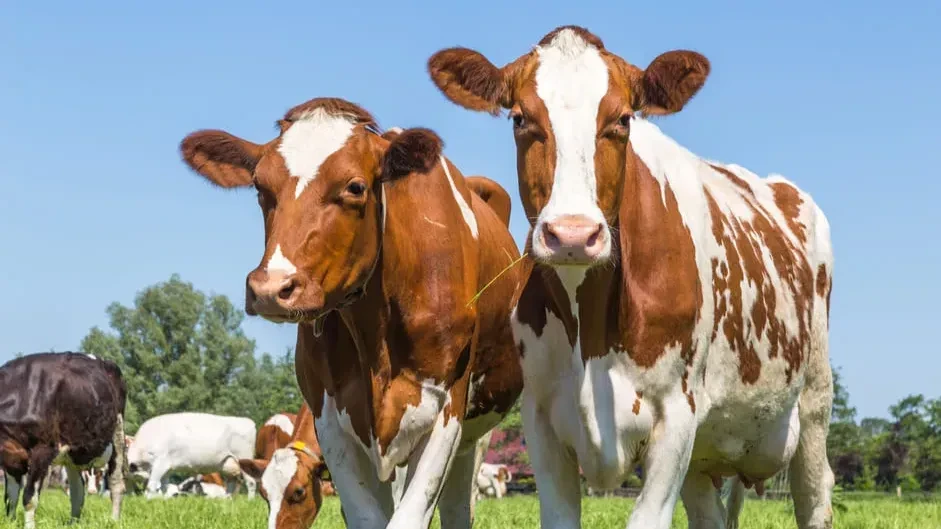Animal health service providers taught for sustainable livestock productivity

ANIMAL Health Service Providers (AHSPs) in Tanzania have been equipped to implement herd health interventions aimed at promoting sustainable livestock productivity.
The three-day training held here this week brought together 24 AHSPs and District Livestock Officers from Kilimanjaro Region’s Hai, Siha, Rombo, and Moshi Rural districts, as well as Muheza and Korogwe districts from Tanga Region.
Dr Sijali Zikankuba, Herd Health Field Coordinator at the International Livestock Research Institute (ILRI), stated that the training aimed to empower AHSPs with the skills and knowledge needed to implement the herd health approach, thereby improving livestock productivity in Tanzania by promoting technologies and best husbandry practices to smallholder dairy farmers.
“This training takes a holistic approach, addressing not only immediate health concerns but also focusing on long-term improvements in livestock management,” Dr. Zikankuba explained.
Additionally, the AHSPs were introduced to the Open Data Kit (ODK), an open-source mobile data collection tool that allows users to fill out forms offline and later submit them to a server once a connection is available. This system ensures that the collected data can be accessed, downloaded, and utilized when needed.
The training also covered crucial aspects of dairy herd health, with the Herd Health Assessment Manual serving as a guide. Topics included disease prevention and management, with a strong focus on routine deworming to control internal parasites and vaccination schedules for diseases like Contagious Bovine Pleuropneumonia (CBPP).
Other key areas covered included East Coast Fever (ECF), Foot and Mouth Disease (FMD), Lumpy Skin Disease (LSD), and brucellosis, along with biosecurity measures such as quarantine, isolation, and proper waste disposal.
Walter Mangesho, a researcher from the Tanzania Livestock Research Institute (TALIRI), emphasized the importance of nutrition and feeding management, focusing on the formulation of balanced rations using locally available feeds to meet the energy and protein needs at various physiological stages.
The training also included a focus on calf and heifer management, including practices like colostrum feeding, growth monitoring, and reproductive readiness assessments to ensure effective herd replacement.
Mangesho further highlighted the importance of housing and environmental management, including proper ventilation, space optimization, and waste handling. Reproductive health, including heat detection and artificial insemination (AI), was another crucial area of focus for the AHSPs.
“The structured agenda ensured that participants not only gained theoretical knowledge but also practical experience in applying herd health practices, which will contribute to fostering sustainable livestock productivity in the region,” Mr. Mangesho said.
Top Headlines
© 2025 IPPMEDIA.COM. ALL RIGHTS RESERVED






















